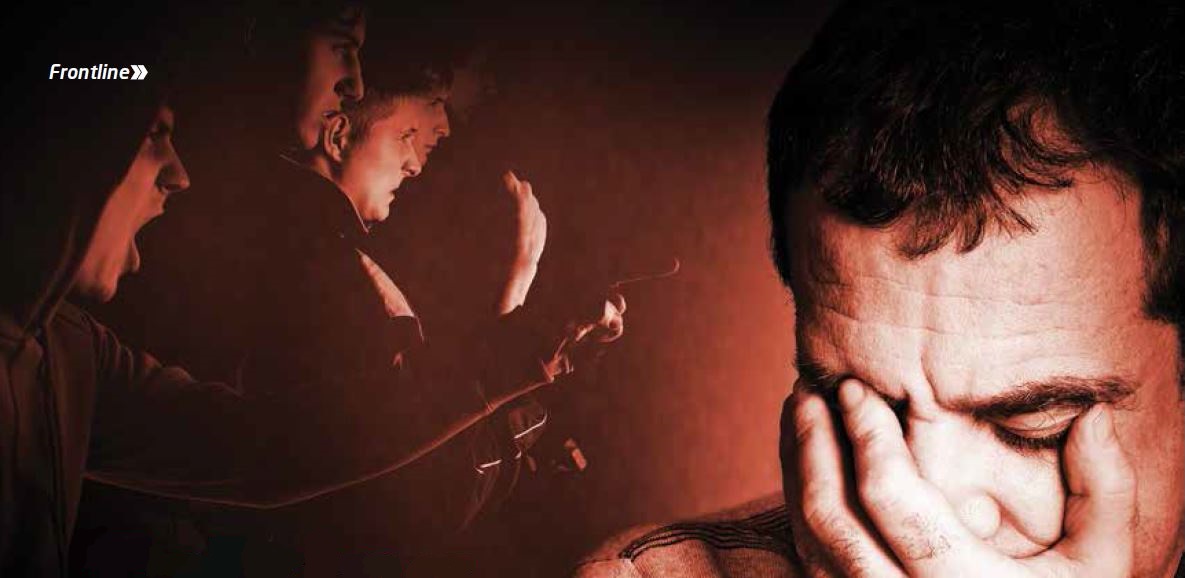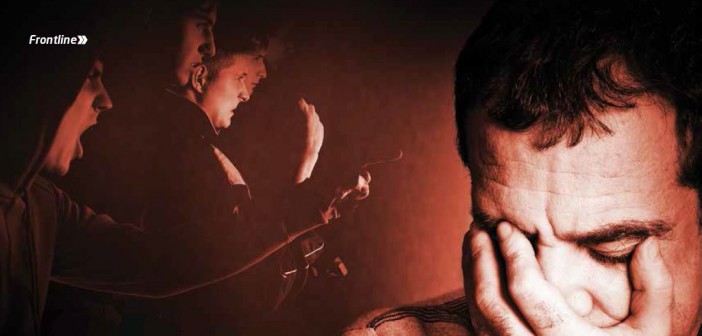
Security professionals are no strangers to trauma, but until recently there has been little progress in the field of post-traumatic rehabilitation. Could talking present a breakthrough?
Depictions of post-traumatic stress disorder (PTSD) often centre on the deterioration of veterans in the aftermath of war. Films such as The Deer Hunter and Born on the Fourth of July, the latter based on the autobiography of Ron Kovic, follow returned soldiers as they try to reintegrate into society—with mixed results.
Even superheroes are not immune. Batman’s predilection for dressing in a bat suit as a crime-fighting vigilante is portrayed as his coping mechanism after witnessing the murder of his parents when he was a child. In Iron Man 3, the battleworn Tony Stark deals with two villainous forces: an evil scientist and the PTSD he acquired after helping to save the world in The Avengers, symptoms of which include insomnia, panic attacks and identity loss.
You don’t have to be a war veteran or a superhero to experience PTSD, however. Anyone who experiences or witnesses a trauma-inducing incident—from being caned as a child to being in, or seeing, a car crash—is susceptible. Due to the nature of their work, security professionals, alongside emergency services personnel, are more likely to witness such incidents whether they are physically present as a guard or behind a camera in surveillance.
Because the risk of exposure to traumatic experiences in these roles is necessarily high, or even unavoidable, circumvention is not a solution. Unfortunately the treatment program for PTSD patients has, until recently, largely been about diagnosis and providing a medical response. Today, the focus is shifting to building resilience in personnel and developing post-traumatic growth.
Peer support
For BeTr Foundation director Dr John Durkin, a firefighter turned psychologist, the biggest issue is the divide between the top-down approach of medical professionals and the positive effects of bottom-up peer support. Durkin decided to study psychology after the death of three colleagues—one a suicide attributed to survivor guilt following an earlier death—and his own experience being injured in the line of duty and the subsequent unsuccessful rehabilitation… Click HERE to find out more about this article





